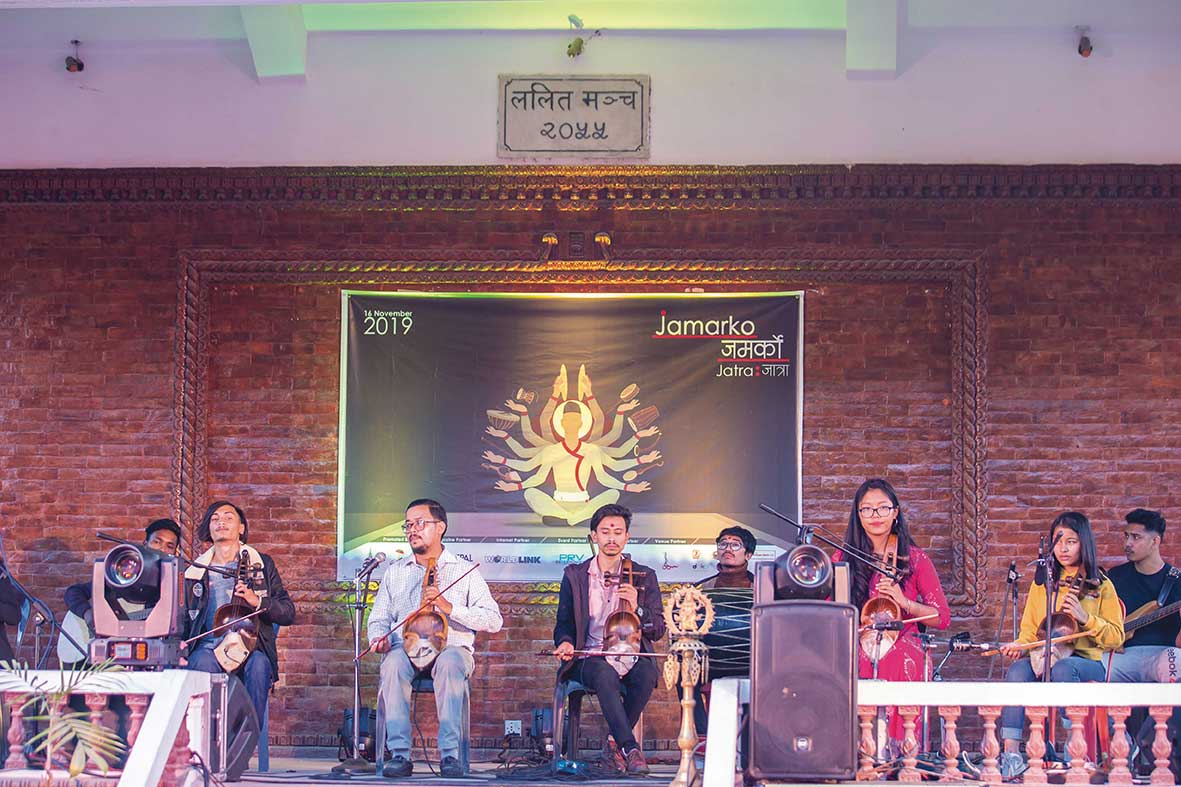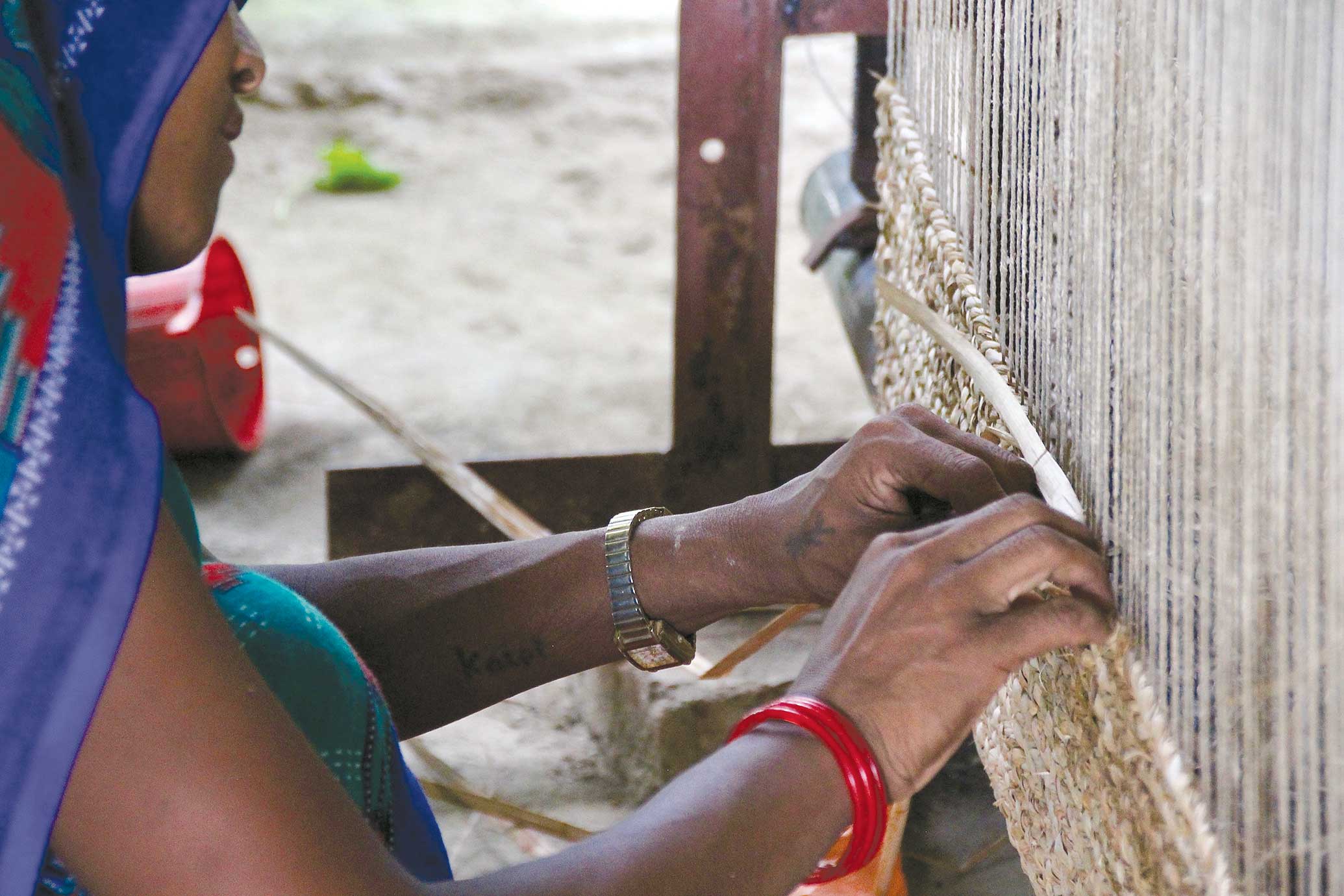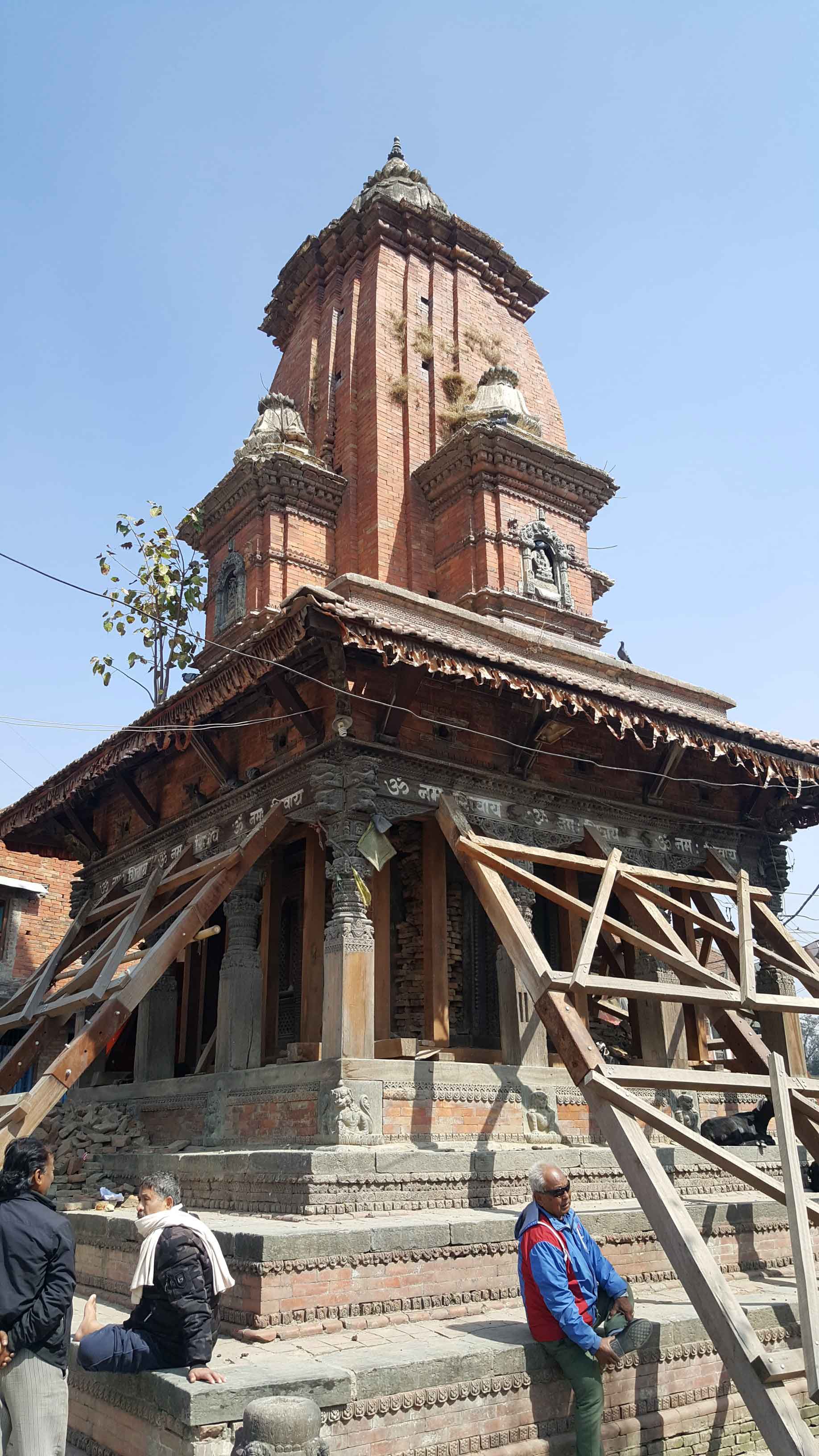Sherpas are synonymous with the Himalayas, the civilization that has long reigned over the region. The residents of the high mountains, they are cradled by the snowy peaks, and nurtured by the natural bounty of the Himalayas. The term Sherpa originates from ‘Shar-wa’ meaning person from the east, and are believed to have migrated from Kham in Eastern Tibet with their culture dating back to 1600 AD, a branch of the Nyingma tradition. With the progress of time, the Sherpas have been able to establish a distinct culture and lifestyle, of which singing, dancing and feasting constitute a major part.
The production of Himalayan trust “Hamro sanskriti, Hamro pahichaan” literally our culture our identity, is a 123 min long DVD (and mp3) on Sherpa dance and music. Filmed and staged at the Hotel Shanker in Lazimpat, the DVD serves as an excellent introduction to a variety of Sherpa music and dance from the Khumbu region. The movie is basically a collection of stage performances that sizes up as a serious cultural program. Filmed entirely in the native Sherpa language, the DVD starts with a brief introduction of the program into a feature of the Sherpa dances, but without much elaboration.
The collection comprises of 20 dance performances by eight different groups, and each group are made of 10 performers, five male and five female. Clad in traditional Sherpa attire, the dances sway to the rhythmic variation of the typical Sherpa songs. Dressed in “chuba,” a long robe made of yak wool worn down to the knees and a pair of “kanam,” wool pants, the Sherpa men are clad in ethnic Sherpa look. The women, however, are more colorful in multicolored striped aprons and a sash belted around their waist completed with a wraparound robe or bakhu and traditional jewelries. With their ethnic Sherpa charisma they dance in unison, holding hands and locking arms together, hopping and swaying to the beat of the traditional tunes, representing true Sherpa zeal.
The production of the DVD is supported by The Mountain Institute (TMI), an organization addressing to the needs of conservation and the equitable development of mountain communities around the world. TMI has been working to recognize Mountain people as an integral component of the world’s ecosystem. Priced at MRP 500, proceeds from the sale of this DVD are donated to the trust for the preservation of Sherpa dance and music.

A Space for Culture, Exercise, and Making Memories
Undoubtedly it is one of the key locations of historic importance in Patan. Alongside the Kathmandu valley itself,...










